Who are "family women" and "bychkoski" — the jargon of Russian women's prisons
Categories: Society
By Pictolic https://pictolic.com/article/who-are-family-women-and-bychkoski-the-jargon-of-russian-womens-prisons.htmlThe life of prisoners in male and female colonies is seriously different. And the biggest differences are noticeable in the relationship between the convicts. If among men passive homosexuals — "downtrodden" become outcasts, then in the female environment lesbian "pickers" do not cause anyone negative emotions. There are also differences in the jargon used in men's and women's prisons and colonies.
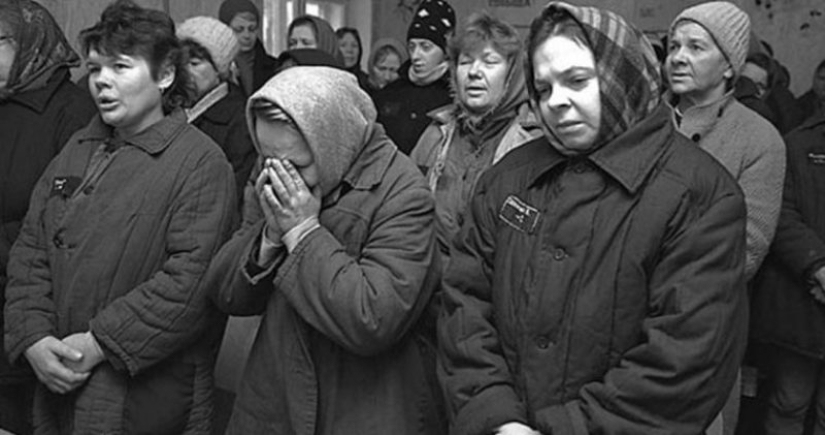
It should be said right away that despite the presence of a rather crude jargon and a special caste system, life in women's prisons is much more comfortable than in men's. Women are not so aggressive, less prone to fights with bodily injury, less conflict with their superiors and more carefully arrange their daily life.
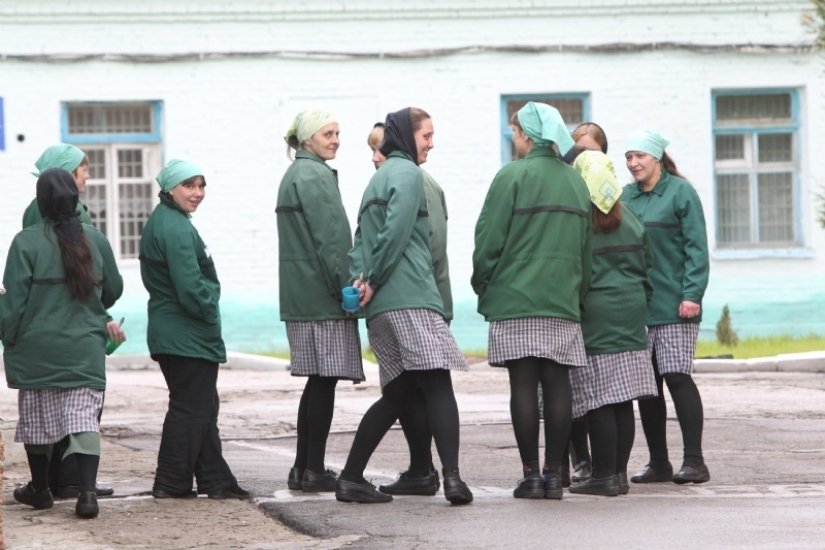
It just so happened that the latrine in prisons, both male and female, is never called a toilet. A toilet bowl, bucket, bucket for sewage is called a "parasha", less often an "old lady". This was the way it was done in prisons before and after the revolution. Even ladies from noble families who found themselves by the will of fate in Soviet camps used these prison terms.
In places of imprisonment where women are serving their sentences, there is a category of prisoners who provide sexual services to the administration ("godfathers") for a fee or certain indulgences. It can be small amounts of money, tea, sweets, cigarettes, or even a release from work. Such prisoners are called "ruble".
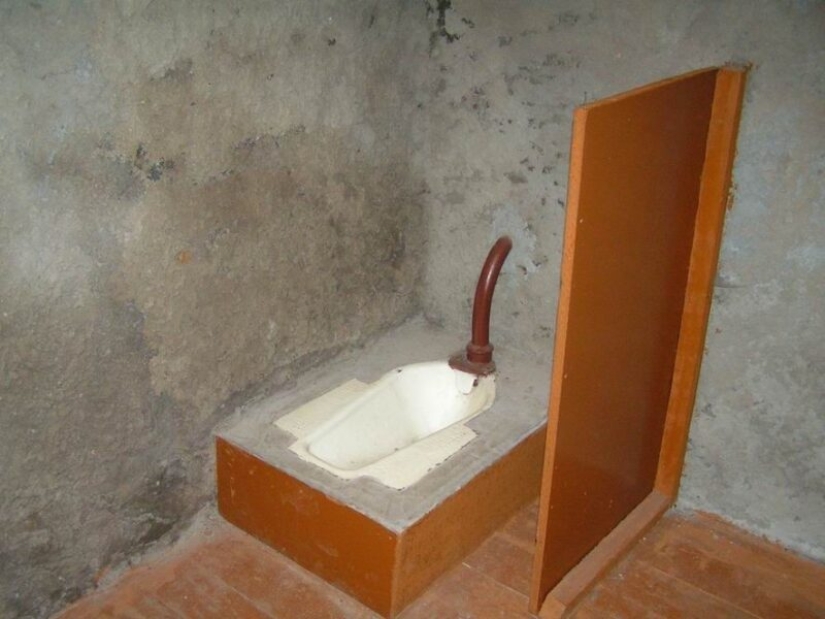
This concept originated in the Stalinist gulags. In the 30-50s, there were "half-ruble", "15-kopeck" (or "five-kopeck") and "ruble". These were ranks, depending on which a woman could count on certain privileges. It was very difficult to give up the claims of the "godfather" — the obstinate prisoner was expected to be constantly harassed.
In women's colonies, in contrast to men's, joint farming is practiced when several prisoners unite into a family. Participants of such small communities are called "family members". These women support each other wherever possible and, interestingly, sexual relations are not always established between them.
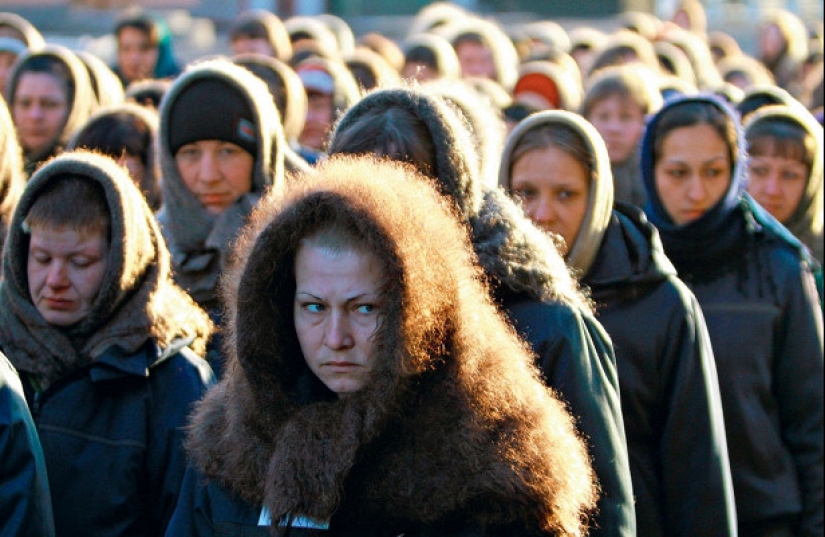
There can be two or five women in a family. They are united not only by the joint solution of everyday problems, but also by the protection of their interests in an unfavorable environment. The "family" always tries to stick together and in order to join it, you need to win the full trust of all members.
Women who are pregnant in places of detention or who have conceived already in prison are called "moms". Pregnancy is one of the most popular ways to make your life easier in captivity, so many people dream of being "in a position". The conditions of detention for pregnant women in camps and prisons are special — they may not work, receive special food and have many other pleasant bonuses.
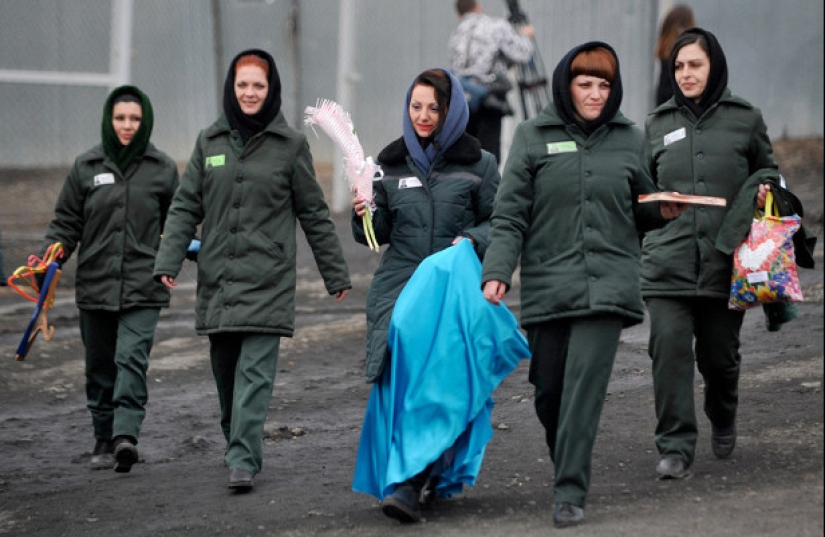
All women who have arrived in places of deprivation of liberty, first of all face the "elder". This is an experienced prisoner, often with several terms served, who is responsible for the order in the cell or squad. A lot depends on this person in the life of prisoners — she can turn a blind eye to some offenses, or, on the contrary, report them to the administration.
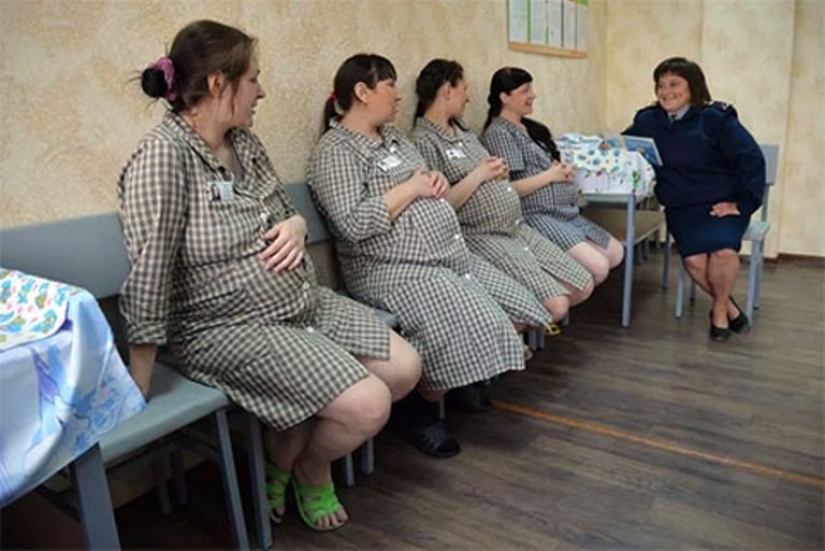
Often, the "elders", when restoring order, manage on their own or rely on several assistants. The "elders" act with the tacit consent of the prison authorities or even follow her instructions. The existence of a special hierarchy among prisoners helps to keep them in obedience and exert pressure where it is not possible to do it in a legal way.
Lesbian couples for female colonies are a phenomenon that does not surprise anyone. Active lesbians who perform the role of a man in a couple are called "koblas", and passive ones are called "pickers".
It should not be assumed that same—sex relationships are the usual way of life for women's prisons and camps. As a rule, a couple gets a couple with long terms and those who had lesbian relationships on the loose.
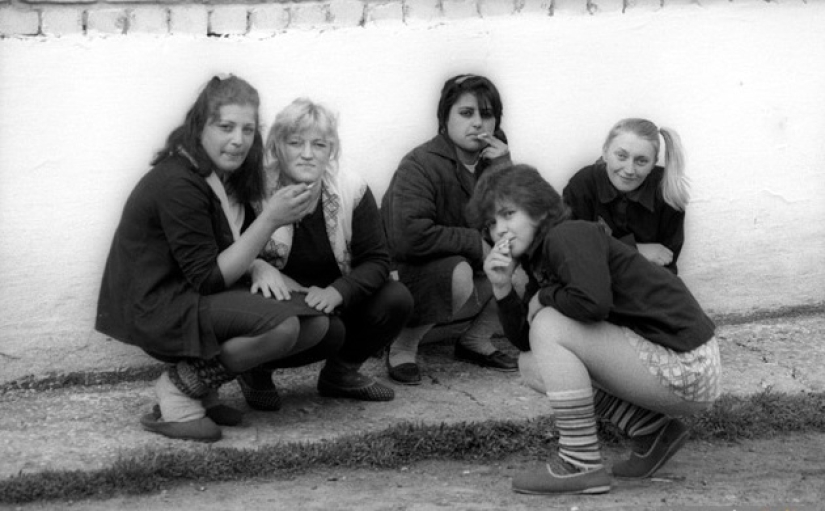
The lowest level of the hierarchy in women's places of detention is occupied by "collective farmers" — stupid, untidy and life-worn prisoners. Not far from them there are also "bychkoski" — downtrodden prisoners who have lost their sense of dignity. For them, begging, eating scraps or picking up cigarette butts is a common thing. Of course, other women try to stay away from such nurses.
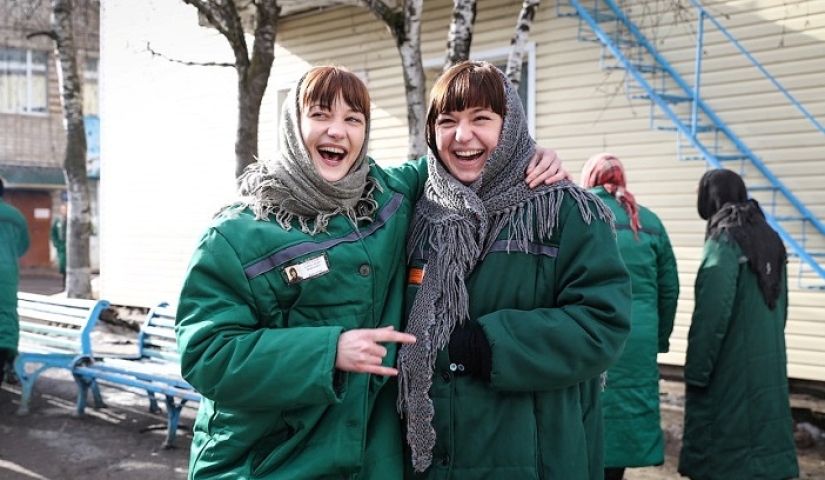
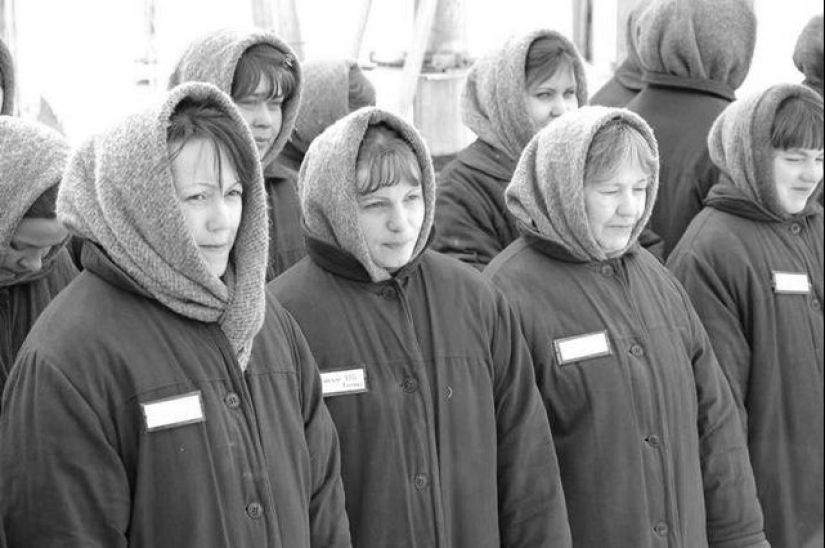
It also remains to add that in some detachments the use of criminal jargon is prohibited on the initiative of the women themselves. Compliance with the rules, which are often violated by "newcomers", is monitored by the "elder", who can even use physical force to disobedient women if ordinary educational conversations do not give results.
Recent articles

Today, we can confidently state the fact that the era of cameras ended and started the era of mobile photography. Usually bulky ...

People share photos on social networks with the note: "When you're lucky." And luck can be different… You can dream so much about ...

In everything, it is important to adhere to the golden mean, including with regard to hygiene. Of course, it is very important to ...